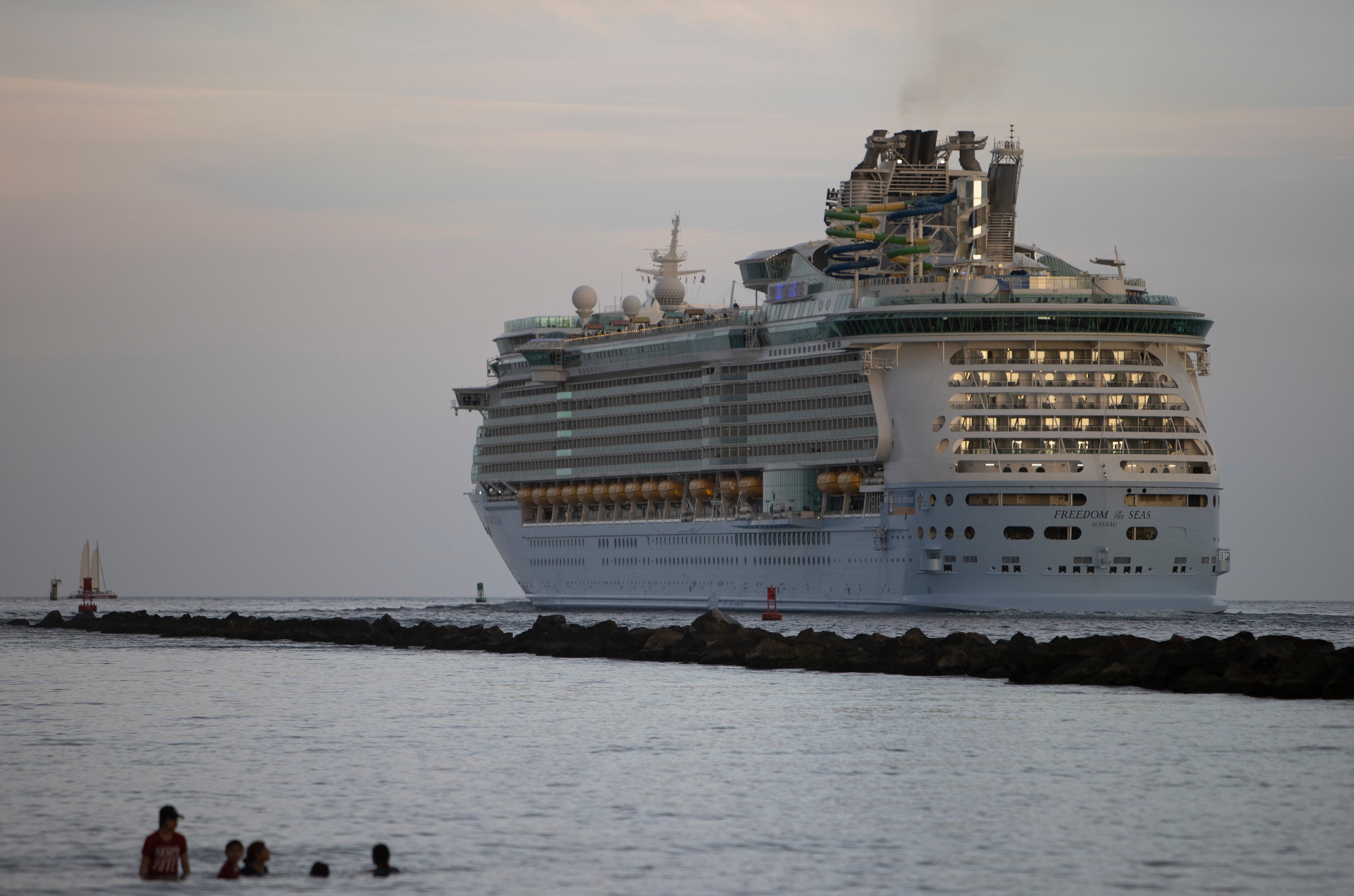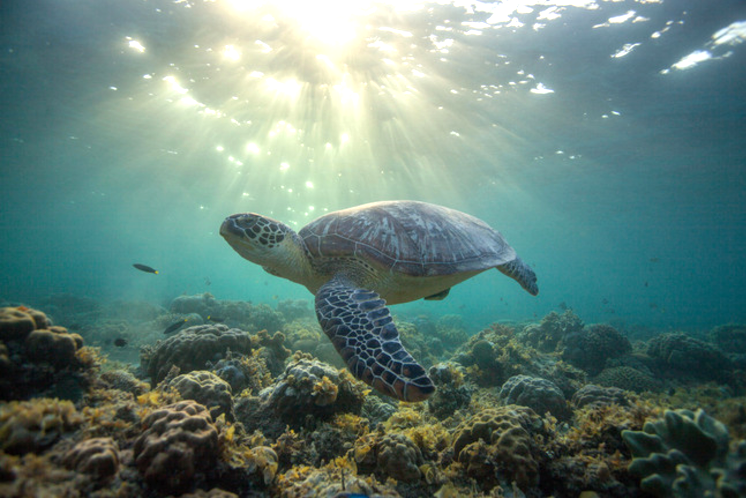Cruise-goers unaware of ‘harmful’ impact of unregulated industry on marine life and human health
First review of its kind also finds large cruise ship has climate impact equal to that of 12,000 cars

Your support helps us to tell the story
From reproductive rights to climate change to Big Tech, The Independent is on the ground when the story is developing. Whether it's investigating the financials of Elon Musk's pro-Trump PAC or producing our latest documentary, 'The A Word', which shines a light on the American women fighting for reproductive rights, we know how important it is to parse out the facts from the messaging.
At such a critical moment in US history, we need reporters on the ground. Your donation allows us to keep sending journalists to speak to both sides of the story.
The Independent is trusted by Americans across the entire political spectrum. And unlike many other quality news outlets, we choose not to lock Americans out of our reporting and analysis with paywalls. We believe quality journalism should be available to everyone, paid for by those who can afford it.
Your support makes all the difference.People choosing to take cruises are likely unaware of the largely unregulated industry’s “harmful” impact on marine life, human health and the climate, scientists have warned.
Large cruise ships can have a carbon footprint greater than 12,000 cars – and are a major driver of air, water and land pollution, according to a first-of-its-kind review.
The industry also poses a large potential risk to physical and mental health, the review says, with both the people on board and those living on nearby land affected.
Writing in the journal Marine Pollution Bulletin, the researchers argue that the cruise industry “should be held accountable” for its growing impact on the environment and human health.
“I don’t think anyone takes a cruise with the idea that they’re going to harm the environment, but unfortunately that is what they’re doing,” Prof Lora Fleming, study author and director of the European Centre for Environment and Human Health at the University of Exeter, told The Independent.
“In this moment of discussion that we’re all having around climate and environmental change and how we could change our own habits around flying and travel, I think we need to shine a light on this.”
Before the pandemic, the cruise industry was one of fastest growing in the tourism sector. From 2012 to 2018, there was a 48 per cent increase in the number of active cruise ships across the globe.
The review, which assesses more than 200 scientific papers, is the first to assess the environmental and human impacts of the cruise industry.
Several of the papers included lay bare how cruise ships are contributing to the climate crisis.
One study found that passengers on a seven-day Antarctic cruise cause as much CO2 to be released as the average European over the course of an entire year.
A second study found that an overnight stay on the average cruise vessel required 12 times more energy than a night in a hotel.
Travelling vessels also pose a large risk to marine life, according to the review. “Collisions with marine mammals and sea turtles represent a major issue,” the scientists write.

Another issue is waste. While cruise vessels represent only a fraction of the global shipping industry, they account for around a quarter of all the waste produced by the sector, the review found.
Cruises have also been associated with the spread of infectious diseases, the scientists said.
In the first few months of the Covid-19 pandemic, more than 40 cruise ships confirmed positive cases of the virus onboard.
The first ship to face a major outbreak, the British-registered Diamond Princess, recorded 700 cases in February 2020. Nine people onboard died.
The scientists behind the new research are calling for greater international regulation of the largely unmonitored industry.
“There isn’t a lot of mandated monitoring of how much waste or carbon they produce. There is no coordinated global effort to do that,” said Prof Fleming.
“Our paper highlights that cruising is a prime example of how the fates of our health and our environments are intertwined,” added Dr Josep Lloret, study lead author and researcher at the University of Girona in Spain.
“We now need global legislation to minimise damage to both our oceans and our health.”
Join our commenting forum
Join thought-provoking conversations, follow other Independent readers and see their replies
Comments